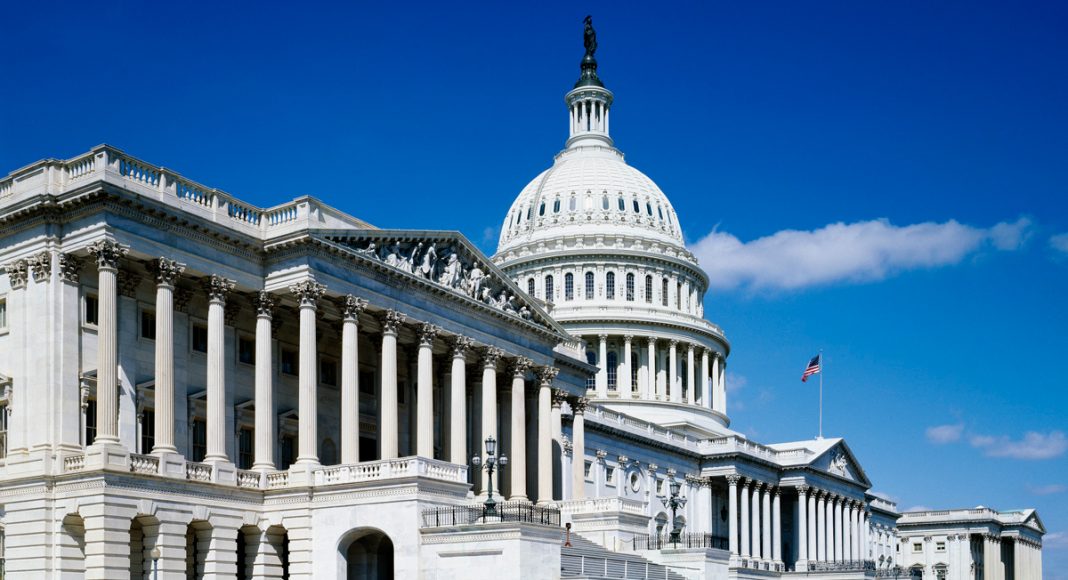Smoke ‘em if you’ve got ‘em! The World War II U.S. military slang with live-and-let-live leanings, is an ironic statement this week as American veterans are denied medicinal cannabis treatment by government doctors and risk losing their benefits over their mental and physical therapy of choice.
As happens in military conflicts and political wars, lines of engagement change. That’s been the case with bills in Congress that would allow the Department of Veterans Affairs doctors to recommend that veterans can use medicinal cannabis as long as the botanical drug is legal in their home states.
Military veterans and Congressional forces alike have long urged the VA to recognize and embrace cannabis for its potential in treating physical and mental injuries of war, including post-traumatic stress disorder, anxiety, chronic pain and other conditions that are causing an average of 22 American veterans a day to commit suicide.
Both the House and Senate have previously adopted cannabis langue into bills, but nothing has never been enacted into law.
-
Related Story: Use Cannabis To Forget Fears And Overcome PTSD
On June 3, the House Rules Committee blocked a floor vote on including cannabis in a VA funding bill.
On Monday, the Senate passed a provision that allows VA doctors to recommend medicinal cannabis and protect veterans from losing their government benefits if veterans’ cannabis use is legal under state law. Here’s a snippet of the language:
None of the funds appropriated or otherwise made available to the Department of Veterans Affairs in this Act may be used in a manner that would—
(1) interfere with the ability of a veteran to participate in a medicinal marijuana program approved by a State;
(2) deny any services from the Department to a veteran who is participating in such a program; or
(3) limit or interfere with the ability of a health care provider of the Department to make appropriate recommendations, fill out forms, or take steps to comply with such a program.”
The pro-cannabis provision is part of large-scale bill that includes funding the VA. A bicameral conference committee will now try to reconcile House and Senate versions of the bill before it’s sent to President Trump.
Of course, the line of engagement — of politics, actually — could change in the closed-door conference committee.
And it could change if it gets to Trump.
Veterans living in states that outlaw all forms of cannabis, including medicinal, would not be covered by the bill and the federal government’s Schedule 1 prohibition, and its possible penalties, would apply.
Like some veterans before them, some veterans today feel their leaders lack the political will to support the troops. Nick Etten, a graduate of the United States Naval Academy, a former Navy SEAL officer and the founder of Veterans Cannabis Project, wrote on The Hill:
As a Republican, I was pleased to see President Trump side with states in their untenable legal conflict with the federal Controlled Substances Act by voicing his support for the States Act within 24 hours of the bill’s introduction. But as a veteran, I remain deeply disappointed by the lack of political will and progress in Washington to make medical cannabis a legal treatment option for our former service members.
Veterans have been pleading with members of Congress and Trump administration officials to enact a law that will give them legal access. It’s time for Republican leaders to acknowledge that federal cannabis reform is inevitable and it’s time for comprehensive action. We are counting on President Trump and Congress to deliver a final cannabis reform deal that not only respects ‘state’s rights,’ but respects veterans as well.”


